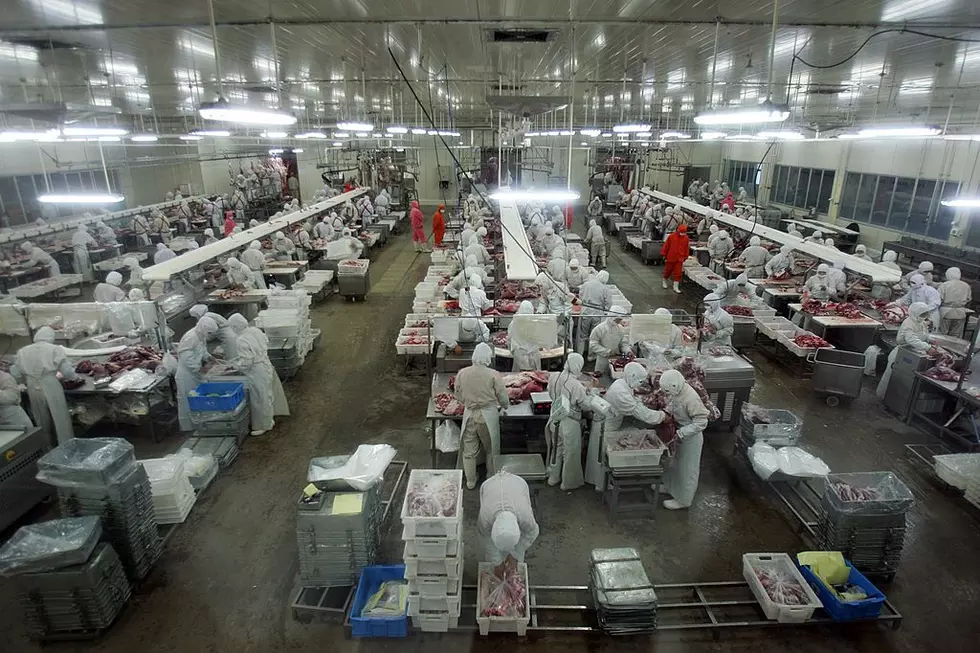
Meatpacking Plants Closing from COVID-19, Better Get to Know A CNY Farmer
Many government officials have said there is no threat to our nation's food supply chain. But there could be cause for concern as several meatpacking plants around the nation are shutting down because of coronavirus outbreaks.
In a story reported by USA Today, outbreaks at the plants are more extensive than first thought. The paper and the Midwest Center for Investigative Reporting's review of cases indicate more than one-third of the largest beef, pork, and poultry processing plants are located in areas where the coronavirus infection rates are the highest.
And while experts say the industry has thus far maintained sufficient production despite infections in at least 2,200 workers at 48 plants, there are fears that the number of cases could continue to rise and that meatpacking plants will become the next disaster zones.
An NPR report indicates 3 large plants have already closed:
- Tyson Foods pork processing plant in Waterloo, Iowa
Smithfield Foods pork processing facility in Sioux Falls, South Dakota
JBS beef plant in Greeley, Colorado
Many other plants are operating at greatly reduced rates because of sick employees.
It's no blessing for farmers who raise cattle, hogs, and poultry for a living as they have no place to market their animals. CNY consumers though, can find some comfort in the fact we live in an agricultural blessed area with local producers on hand.
Cornell Cooperative Extension offices in both Oneida and Madison counties have put together a program making it easy for consumers to find locally grown foods.
In Oneida County, order from producers online and the products are dropped off at the Extension office in Oriskany at a pre-arranged time between 7 a.m. and 7 p.m. on Saturdays. Here is the list of participating farms and contact information. Here are the Madison County producers participating in the program. Times for product pickup is arranged between the consumer and producer at the Cornell offices near SUNY Morrisville.
Here are more details on the USA Today story and the NPR Report.
More From 96.1 The Eagle









